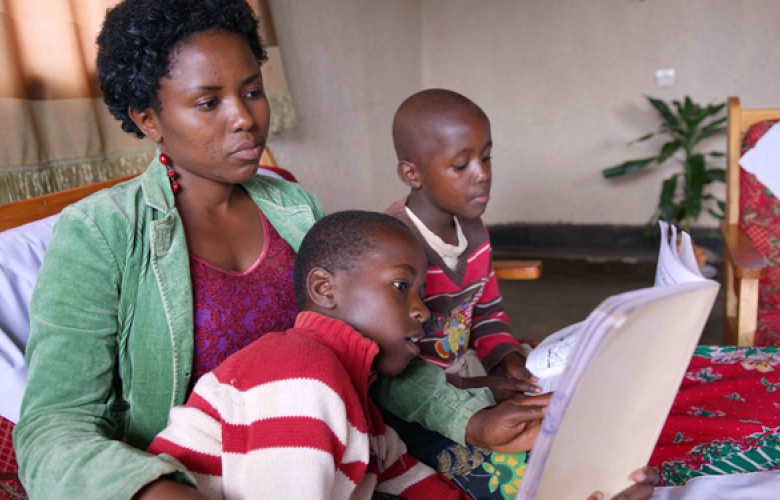
The COVID-19 pandemic created enormous disruptions in the lives of people across the globe. Communities experienced school closures, social distancing measures, and restrictions on goods, services, and the movement of people. With 94 percent of the world’s student population affected by school closures, most countries provided distance education solutions to support learning.
But how these disruptions affected specific groups of people is rarely discussed. Public health measures intended to prevent the spread of the virus and to protect citizens have historically reinforced restrictive societal norms and advantaged one gender over the other due to the different ways that men and women experience those measures.
At the onset of the pandemic, EDC engaged in a multi-project research study to collect information to understand the effects of the pandemic and to adapt its programs to meet participants’ needs. However, the study also provided a unique opportunity to identify how gender affected project participants’ experiences of the pandemic. We surveyed over 6,000 men and women participating in EDC projects—on multiple topics:
- Access to basic needs and services
- Prevention and health attitudes
- Livelihood experiences
- Attitudes about and experiences of violence
- Alternative educational decisions
- Perceived resilience to the crises
The results from three waves of data collection indicated significant differences among women and men during the initial months of the crisis:
- A greater proportion of female participants than male participants reported their children are accessing replacement educational activities.
- Female participants reported taking on greater efforts of prevention.
- Female participants reported lower access to basic needs and services—electricity, water, food, or health services. They also reported consistently lower levels of livelihood standards across three time points.
- A greater proportion of female participants reported increased violence at home and in the community, as well as reduced access to support services for trauma experiences.
- For the first two data collection time points, female participants reported lower levels of family resilience to the shocks of the health crises.
These findings encouraged us to consider how project adaptations would be experienced by female and male participants. For example, how do efforts to provide alternative learning opportunities at home affect and engage mothers and fathers or different generations within families? How do teachers, and in particular female teachers, deal with income insecurity, access health services, provide food and safety for their families, and then step up to support returning to school with few options to apply social distancing measures or access vaccines.
By expanding our study, we now have a clearer understanding of how differently women and men participating in EDC projects experienced the COVID-19 pandemic. With this information, we can examine our policies and practices to reshape them and provide more equitable solutions for all participants.
| Jasmina Josic, a senior research associate, has 15 years of research and evaluation experience focusing on the social context of education, international development policy and practice, gender issues in education, youth identity, and educational technology. | |
| Mary Sugrue, EDC senior international technical advisor for international basic education, has over 20 years of experience in early grade reading and numeracy instruction, gender integrated programming, inclusive education pedagogy, and teacher professional development. |



Add new comment